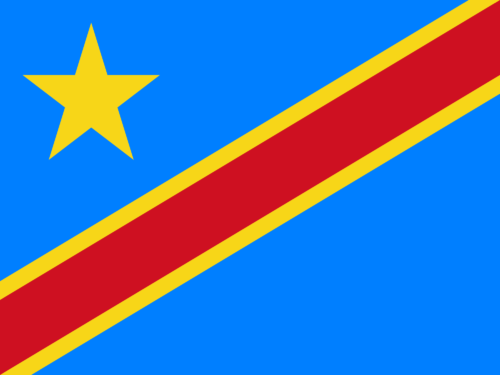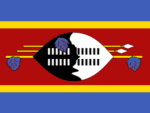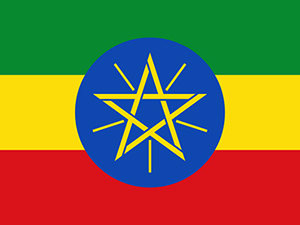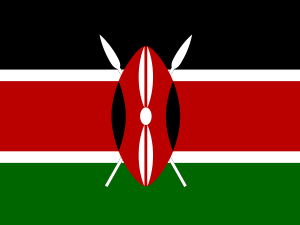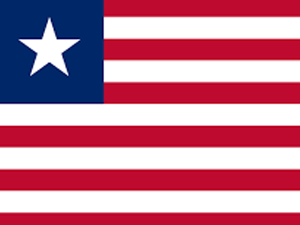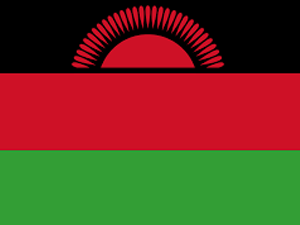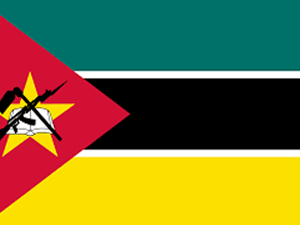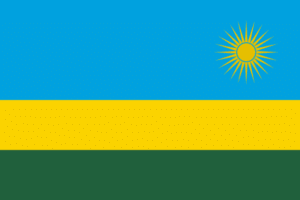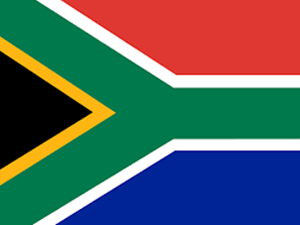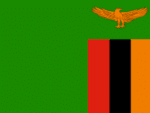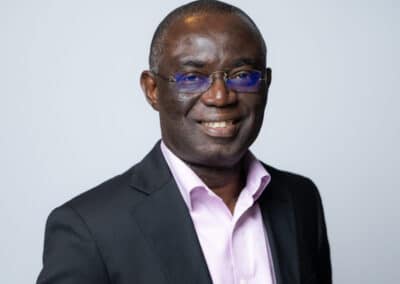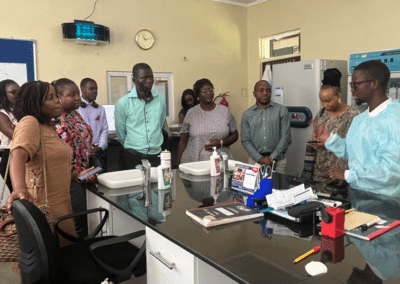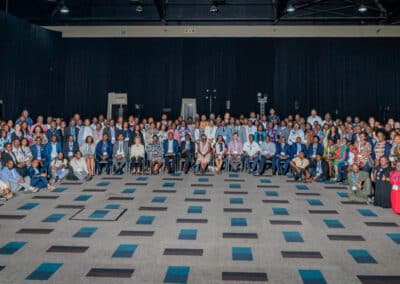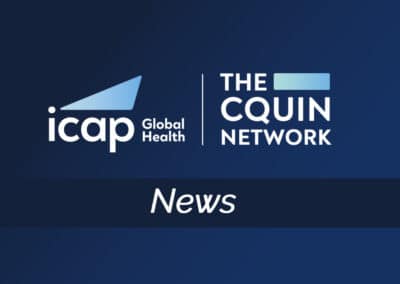In 2020, CQUIN grew to include 21 partner countries. In 2021, the CQUIN team is looking forward to expanding both breadth and depth, adding new differentiated service delivery (DSD) focus areas while continuing to respond to the COVID-19 pandemic.
This year, CQUIN is dedicated to the continued engagement of country ministry of health stakeholders, recipients of care, and global partners in peer-to-peer cross-learning activities that support and enhance DSD coverage and quality. 2021 network activities will include three all-network meetings and ten communities of practice!
“As the network grows, ICAP’s CQUIN team is also expanding to include more staff and regional presence in West and Central Africa,” said Miriam Rabkin, MD, MPH, ICAP director for Health System Strategies and CQUIN principal investigator. “In 2021, CQUIN will continue its work to support partner countries as they scale up DSD services. We will be convening webinars, workshops, and virtual south-to-south exchanges, seconding national DSD coordinators to at least seven ministries of health, and provide ongoing country consultation and technical assistance where needed. We are also launching new communities of practice and hope to resume in-person activities.”
Here is a run-through of some of the activities network members and stakeholders can expect this year as CQUIN continues to foster sharing knowledge, tools, and resources.
The Resumption of South-to-South Visits and Other In-Person Knowledge Sharing Activities
CQUIN’s south-to-south visits are unique opportunities for countries in the network to engage with each other and observe the implementation of the various DSD policies at the country level to inform the implementation of models in their own country.
The COVID-19 pandemic brought a sharp halt to this vital network activity last year, but CQUIN leadership hopes to support both in-person and virtual country visits this year. Talks are underway to design the first-ever virtual south-to-south exchange between Ghana and Zimbabwe. Other anticipated south-to-south exchanges include Burundi to Uganda, Cameroon, and Senegal to Côte d’Ivoire and Côte d’Ivoire to Kenya.
Facilitating DSD Performance Reviews to Assess DSD Program Implementation
Because routine monitoring and evaluation (M&E) of HIV programs often fail to provide the granular data needed for countries to assess DSD coverage, quality, and impact, ad hoc facility-level data collection is still required for this purpose in many settings. In response, the CQUIN Differentiated M&E community of practice has developed key frameworks and tools and CQUIN provides material and technical support to countries as they conduct DSD Performance Reviews.
In January and February 2021, CQUIN supported Uganda to conduct a six-day DSD review meeting to review DSD Performance Review data, share successes, and strategize about ways to address barriers.
According to Peter Preko, MB.ChB, MPH, CQUIN project director, CQUIN plans to support DSD Performance Reviews in multiple countries in 2021, including Ethiopia, Kenya, Mozambique, Côte d’Ivoire, DRC, and Zimbabwe.
Webinars that Continue to Engage Members and Encourage Cross-Learning
CQUIN webinars encourage the interactive discussion of various focus areas. As one of the most popular learning exchange activities of the network this past year, webinars provide network countries with the opportunity to learn about the implementation of various DSD activities through country-specific case studies and interactive exchange. Some thematic areas of discussion in this year’s webinar series include DSD Quality Standards, Multi-Month Dispensing (MMD) and Supply Chain, TB Screening and COVID-19, and the CQUIN Advanced HIV Disease (AHD) dashboard.
The Expansion of CQUIN Focus Areas and Communities of Practice
In 2021, CQUIN will expand its communities of practice (CoPs) both in size and in number. Selected CoPs – including the DSD Coordinators CoP and the Quality and QI CoP – will expand their membership to most or all of the 21 network countries. In addition, new CoPs will be added to explore the key issues of differentiated maternal child health services, differentiated services for key populations, differentiated services for people with HIV and NCDs, and differentiated service delivery for migrant, mobile and displaced populations.
“CQUIN is going to work with partners to identify and codify opportunities that we are confident will lead to an acceleration of implementation overall,” said Peter Ehrenkranz, MD, MPH, senior program officer for HIV Treatment with the Bill and Melinda Gates Foundation, which funds CQUIN. “We will continue to advance the depth of the network, by adding new themes and focus areas, and there will be more single country technical assistance support for those who need it,” Dr. Ehrenkranz added.
Overall, the CQUIN team is dedicated to supporting the network in facilitating and organizing multi-country interactions and exchanging information necessary to expand the coverage, quality, and impact of HIV services.





